In a matter of weeks, Australia’s nine education ministers will decide the fate of the revised national curriculum released earlier this year for public consultation. The document was roundly condemned for prioritising Aboriginal and Torres Strait Islander history, culture and spirituality to the detriment of learning about Western culture and Judeo-Christianity.
The history framework, in particular, was criticised for presenting a black armband view of Australia’s origins and development as a nation, with European settlement described as an invasion leading to genocide and society and its institutions as inherently racist.
There is no question about the importance of studying Indigenous history and culture. Of all the lessons to be learned from Australia’s oldest settlers, top of the list must surely be a profound respect for passing on the knowledge and wisdom of the elders. The Indigenous tradition of oral history epitomises the sense of belonging and purpose that humans gain from understanding the past, particularly as they deal with the present and make decisions about the future.
Such is the significance of these links across the ages that Australia’s national curriculum includes Aboriginal and Torres Strait Islander Histories and Cultures as one of three cross-curricular priorities that all teachers must emphasise in the classroom.
All teachers are instructed to provide “opportunities for all students to deepen their knowledge of Australia by engaging with the world’s oldest continuous living cultures” and learning about “the significant contributions of Aboriginal and Torres Strait Islander Peoples’ histories and cultures on a local, national and global scale”. These opportunities are reinforced in every learning area (English, Mathematics, Science, History and so on) across the curriculum.
Where the revised curriculum is flawed and open to attack is its failure to provide a similar sustained focus on the nation’s Western heritage. There is no equivalent cross-curricular priority requiring primary and secondary teachers to ‘engage’ with the evolution of Western culture since ancient times, ensuring that all students develop a shared, objective understanding of the origins of Australia’s liberal democratic values and practices.
On the contrary, the lack of curricular alignment and intellectual cohesion of the key elements of the curriculum that reflect Western civilisation – English, History, Civics and Citizenship, the Arts and others – is striking. In addition, while students are asked to study Indigenous spirituality in detail, the curriculum ignores the enduring significance of Judeo-Christian traditions, especially where these have uniquely and powerfully informed our modern concepts of equality, tolerance, justice and the rule of law, and individual freedom.
One of the key documents guiding the current review states the Australian Curriculum “must ensure young people have a good understanding of the nature of Australian society within which they will be living and working as adults. Aboriginal and Torres Strait Islander knowledges and perspectives are an important part of the development of our nation, as are the traditions and values of what is often referred to as ‘Western society’.”
Not only does the phrase “what is often referred to as Western society’” signal a qualified and uncertain view of what constitutes the West’s culture and way of life, it also reduces thousands of years of extraordinary philosophical, creative, scientific, religious, economic and other developments to a minor event in history. It is difficult to see how the proposed curriculum can fulfil the goal of producing ‘active and informed’ citizens.
The move to de-colonise the curriculum and cancel what Woke activists describe as ‘Eurocentrism’ and ‘whiteness’ partly explains why the curriculum is so jaundiced and politically correct. Also influential is the ever increasing emphasis on 21st Century learning given the increasing rate of technological, medical, scientific and societal change.
The panel responsible for investigating Australia’s senior school (Years 11 and 12) curriculum and pathways has produced a report titled Looking to the Future. The Chair, Dr Peter Shergold, says “the panel’s view is that we have to design our education system to prepare young people for their future rather than for our past”.
To justify the argument that studying the past is of declining value, those responsible for the report quote American educationalist John Dewey’s assertion that “The world is moving at a tremendous rate; going no one knows where. We must prepare our children, not for the world of the past, not for our world, but for their world – the world of the future”.
The OECD’s Education 2030 Program, to which Australia’s national curriculum body ACARA contributes, puts a similar case about cancelling the past and prioritising the future. The world is “rapidly changing” and we now live in a world characterised by “a new explosion of scientific knowledge” and “complex societal problems”.
The globalist groupthink pushed by the Paris-based bureaucrats purports to prepare students “for jobs that have not yet been created, for technologies that have not yet been invented, to solve problems that have not yet been anticipated”.
Associated with this futurist perspective is the argument that knowledge acquisition is secondary to developing 21st century skills and competencies such as critical thinking, working in teams and embracing diversity and difference. Students are encouraged to see themselves as global citizens dedicated to “transforming society and shaping the future”.
This worldview is strongly represented in the draft Australian Curriculum. It holds that all students should take on responsibility for solving problems in an unprecedentedly uncertain and volatile global environment.
The net effect is that nation-building is no longer emphasised, a concept diminished by a curriculum that fails to give students a clear idea of what it means to be an Australian citizen and what is most valued about our institutions and way of life.
Dr Fiona Mueller is a former secondary teacher and Director of Curriculum at ACARA.
Dr Kevin Donnelly is a senior research fellow at the Australian Catholic University and co-chaired the 2014 review of the national curriculum.
Got something to add? Join the discussion and comment below.
Get 10 issues for just $10
Subscribe to The Spectator Australia today for the next 10 magazine issues, plus full online access, for just $10.

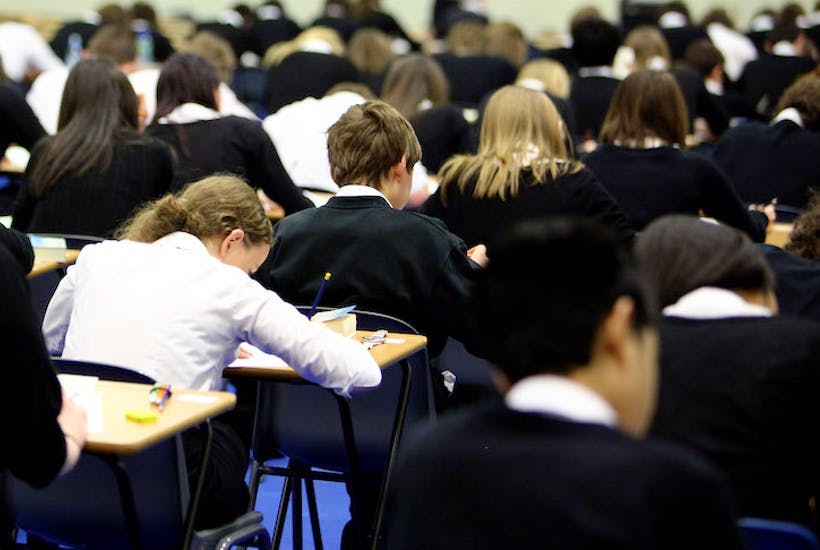
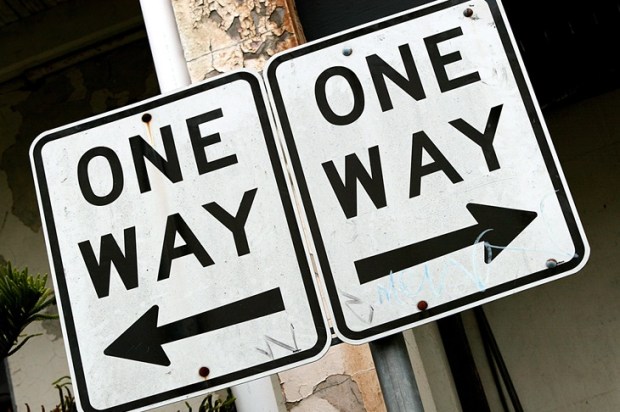

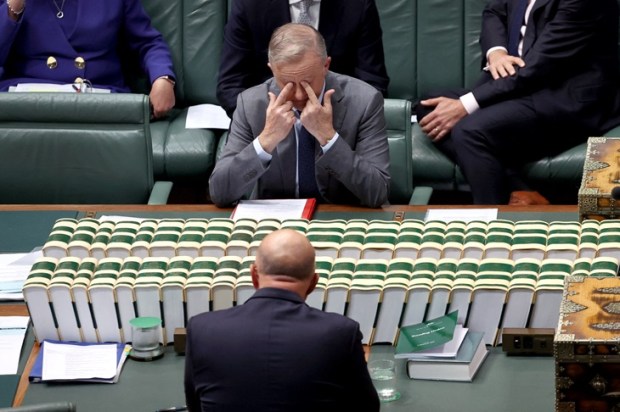
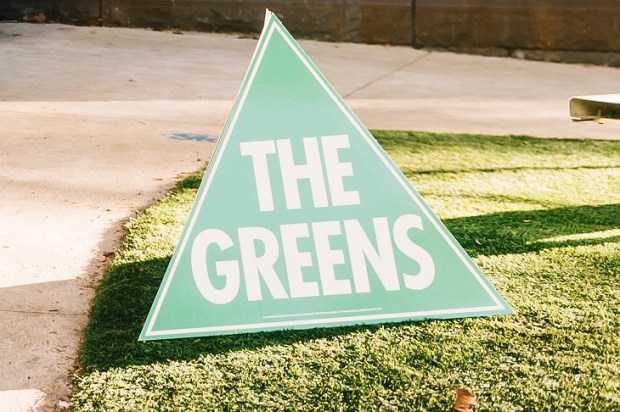

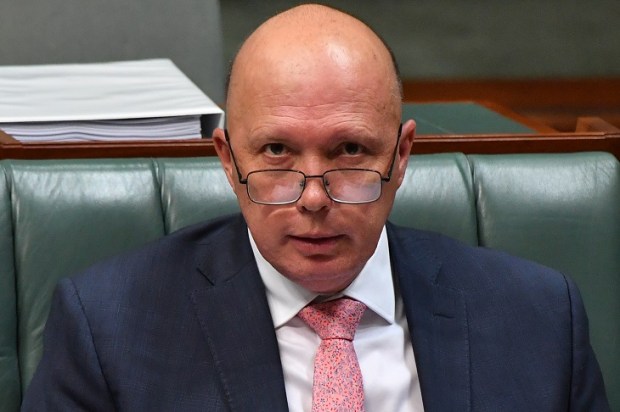


















Comments
Don't miss out
Join the conversation with other Spectator Australia readers. Subscribe to leave a comment.
SUBSCRIBEAlready a subscriber? Log in